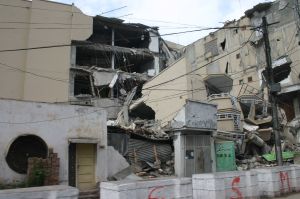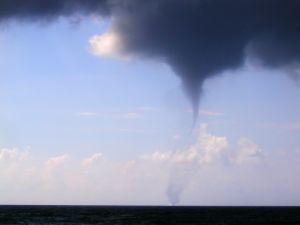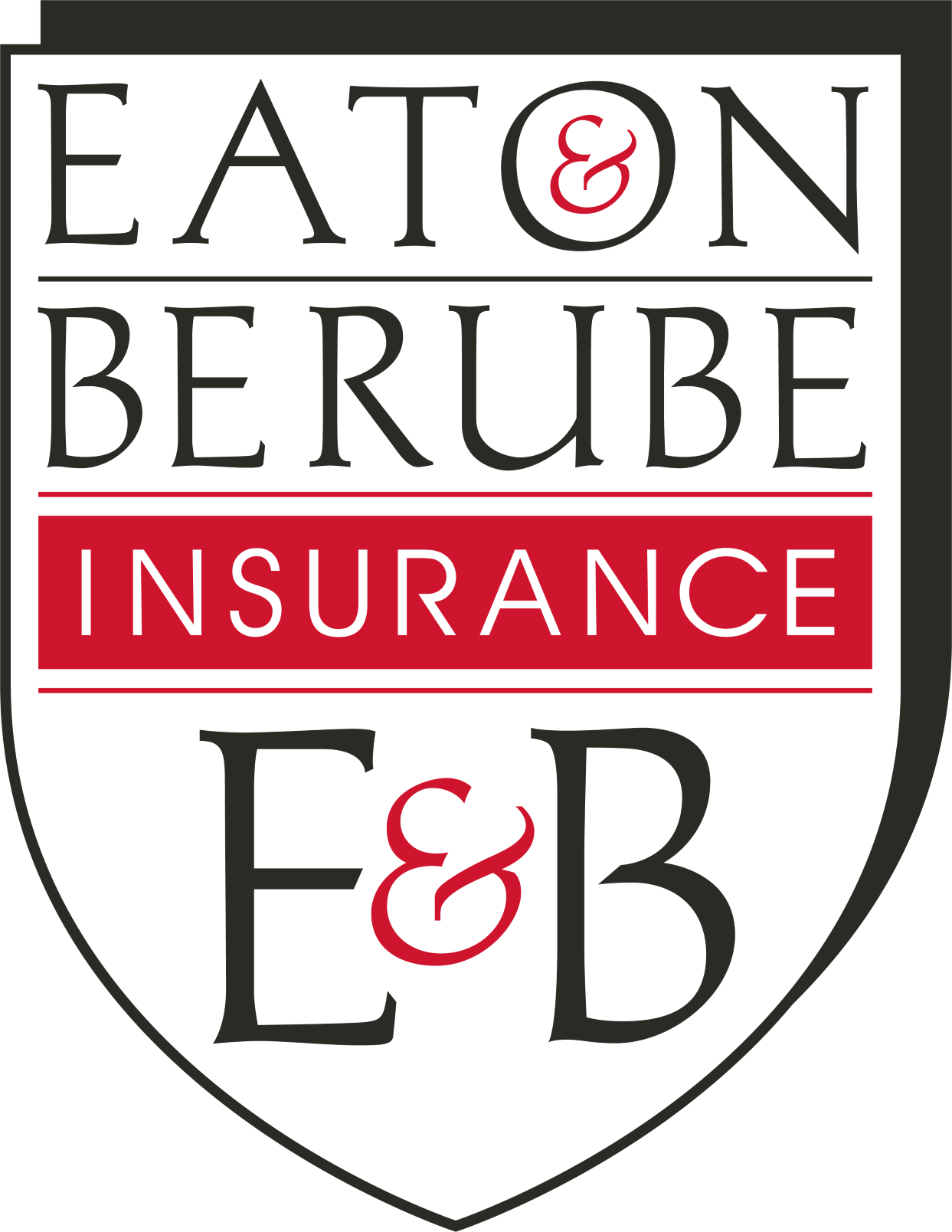From the 3.1-magnitude earthquake that struck Boscawen, N.H. last year to the tornado that shocked Springfield, Mass. this past June, recent events have proven that contrary to popular belief, New England is not immune to natural disasters.
Although the chances of a natural disaster devastating New Hampshire may be slim, it’s always important to be prepared, and the best form of protection against disaster is insurance. Because of this low risk, your standard New Hamshire homeowners, condominium, or renters insurance policy may not include earthquake insurance, flood insurance, or other protection against natural disasters. It’s important to talk to your insurance agent to determine what your homeowners insurance covers, and if you should invest in any additional coverage.
While insurance will protect your assets and finances, you still need a plan to protect your own personal safety in the unfortunate event that a natural disaster strikes. The following list of disaster preparedness tips provided by Travelers will help you and your loved ones prepare for any type of natural disaster.
Earthquake
Before
 Hang heavy items like mirrors and picture frames away from beds, couches, and other areas where people sit, or remove them from the walls altogether.
Hang heavy items like mirrors and picture frames away from beds, couches, and other areas where people sit, or remove them from the walls altogether.- Ensure that shelves are fastened securely to your walls and remove heavy objects from them.
- Check to make sure that large appliances like water heaters are securely bolted down or supported on your floor or wall.
- Ensure that your house is properly bolted to its foundation.
- Identify safe places in each room, such as under desks or doorways, where your family can seek cover.
During
- If inside, seek cover under one of the safe places you identified. Avoid places near glass and heavy furniture, to prevent injuries resulting from shattered glass or falling furniture.
- If outdoors, find a safe place far from buildings, overhead wires, and streetlights, to remain until the earthquake passes.
- If in your car, pull over in an area away from bridges, buildings, overpasses, and trees. Listen to your radio for important emergency information, and when the earthquake stops, proceed with caution, avoiding these large structures that may have been damaged.
After
- Be prepared for aftershocks that may cause further damage.
- If possible, listen to a battery-operated radio or television.
- Attend to any flammable liquid spills, and leave immediately if you smell gas fumes.
- Stay out of damaged buildings, including your own home. Seek temporary housing if your home is too damaged to occupy.
Flood
Before
- Familiarize yourself with the flood warning signs and alerts in your community.
- Plan an evacuation route with your family, including a meeting place incase anyone gets separated.
During
- Listen to a battery-operated radio or television for important flood information, and evacuate your home if advised to do so.
- Move to high ground, avoiding rising waters.
- Keep away from downed power lines and electrical wires.
After
- Stay tuned to the radio and do not return home until authorities confirm that it’s safe to do so.
- Beware of snakes that may have found their way into your home.
- Dispose of all food that has come into contact with floodwaters.
- If your basement has flooded, pump out the water gradually, removing about 1/3 per day to prevent structural damage.
Tornado
Before
 Familiarize yourself with your community’s tornado warning signs and alerts.
Familiarize yourself with your community’s tornado warning signs and alerts.- Understand the difference between a tornado watch and a tornado warning. While a tornado watch suggests that tornadoes may develop, a tornado warning signifies that a tornado has already been sighted and you should seek shelter immediately.
- Conduct drills with your family, designating an area of your home as shelter and practicing your plan in the event of a tornado.
- If you have a garage, be sure to move your cars and other outside objects inside.
During
- If at home, seek shelter away from windows in the center of a room. Basements and storm cellars provide the best shelter, but if you don’t have a basement, seek cover in a bathroom, closet, or under a sturdy piece of furniture.
- If at work or school, move to the basement or an inside hallway at the lowest level. Stay away from large, open areas like gymnasiums, auditoriums, or cafeterias, and lie low, using your arms to protect your head and neck.
- If in your automobile, stop the car, get out, and lie in a low area like a ditch if there is no facility nearby to seek cover. Never try to outrun the storm.
After
- Remain calm and in your shelter, listening to the radio to find out when the storm is over.
- Watch for downed power lines when you return outdoors.
- Beware of gas leaks or electrical system damage.
An essential aspect of any natural disaster plan is to prepare an home emergency survival kit that includes non-perishable food items, a non-electric can opener, a first aid kit and manual, a portable radio and/or television, flashlights, batteries, water, prescription medications, extra clothing and blankets, emergency cash and credit cards, and a copy of your insurance policy. Click here for information of preparing your home emergency kit. Also click here for information regarding the creation of an emergency action plan for your family. Although the damage resulting from a natural disaster may be devastating, rest assured that your insurance company is there to protect you. Reporting the loss to your insurance company is the first step to recovering from disaster.
For more information on natural disaster plans, earthquake insurance, flood insurance, and what your New Hampshire homeowners insurance includes, call your insurance agent today. For additional disaster preparedness tips and safety information, please subscribe to our blog or contact us.
To request a free flood or earthquake insurance quote, please fill out and submit our Online Insurance Quote Request Form.
